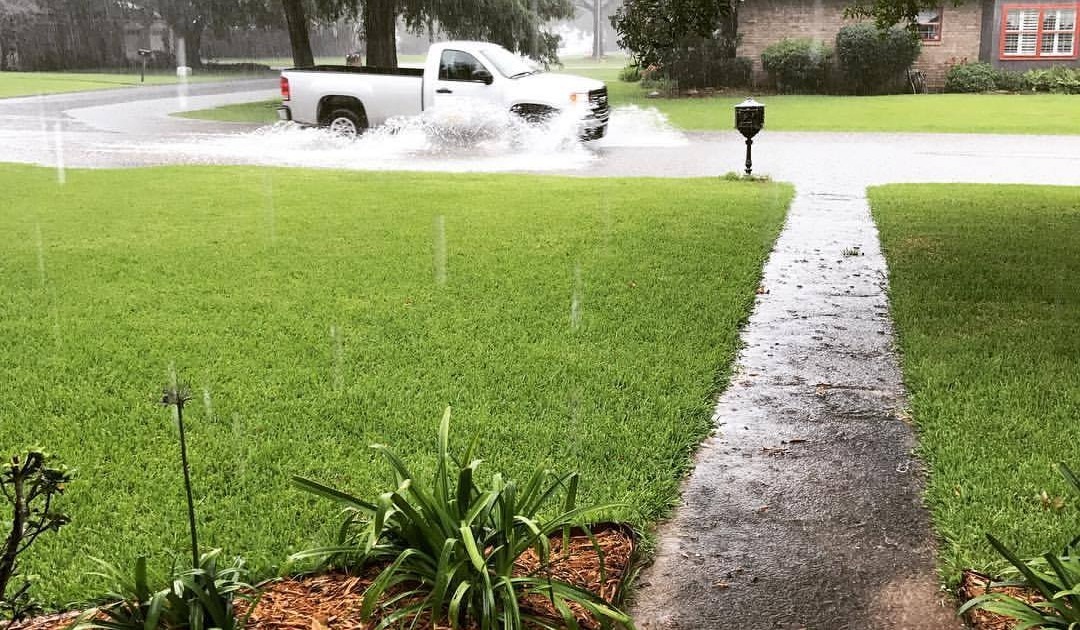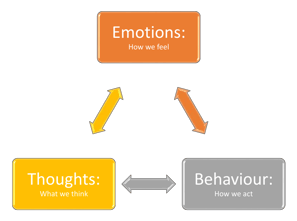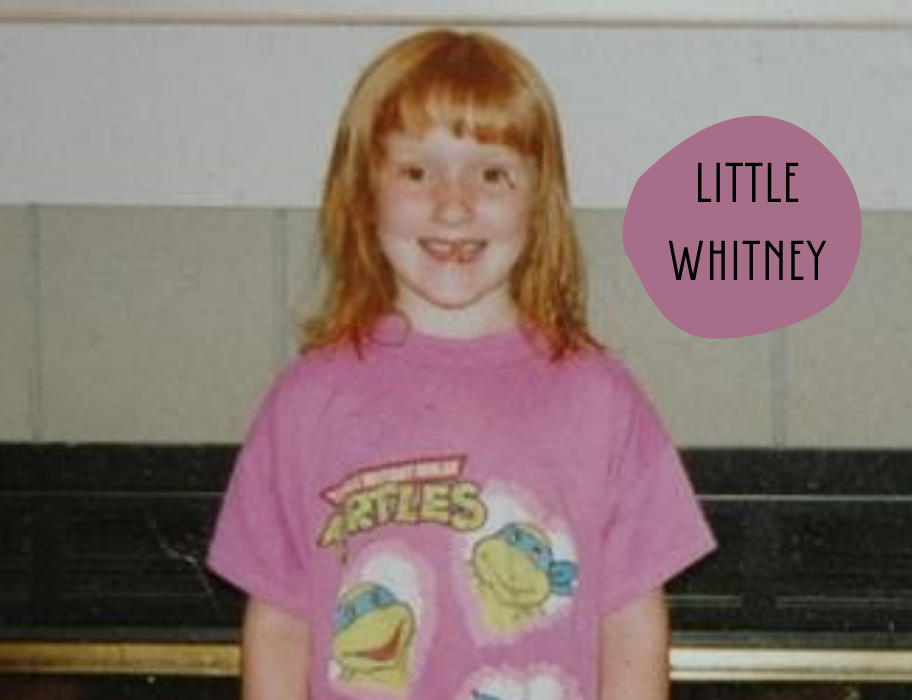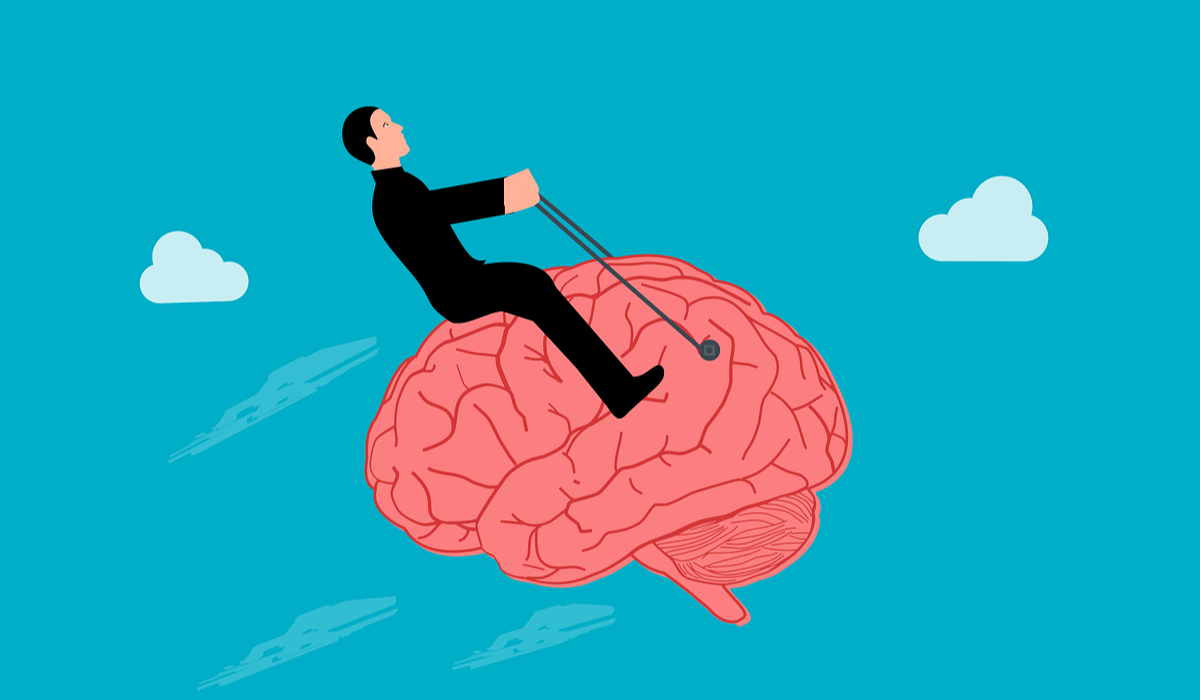Could You Invite Little You to Therapy?
I have always felt…out of place. Even as a small child and regardless of where I have been, I notice the things about me that stand out. It’s this...
2 min read
 Whitney Storey, MS, LPC, ASDCS
:
Apr 15, 2022 1:58:18 PM
Whitney Storey, MS, LPC, ASDCS
:
Apr 15, 2022 1:58:18 PM

If you were to randomly choose a therapist, you would likely end up with someone who uses cognitive-behavioral therapy (CBT), which has been the dominant type of therapy since the 1960s. The general premise of traditional CBT is that our thoughts influence our emotions, which then go on to influence our behavior. So, the idea is that if we can improve our thinking, our emotions and behavior will therefore improve.

This all sounds great! And for many folks, this leads them to the relief they were seeking. The data also support that CBT is helpful for a diversity of populations and issues.
And here's where Acceptance and Commitment Therapy really shines. Acceptance and Commitment Therapy (ACT - said like the word "act" as opposed to saying "A-C-T") is what is considered to be a third-wave cognitive behavioral therapy, which means that we are still interested in thoughts, emotions, and behavior - but the way we look at them is different. Traditional CBT might look at thinking patterns or specific thoughts as problems to be managed, changed, or solved in order for us to live a more full life.
Living in South Louisiana, we have our fair share of wild weather events. In 2016 when our home flooded, my mind became consumed with the idea that storms were dangerous and that we needed to do everything to avoid them. We built up our flower beds. We dug drains. We cut fencing. We removed debris. We petitioned the city to improve drainage. We spent so much time and energy focusing on everything we could to avoid a big storm, all so that we could avoid flooding.
Each time the weather report included rain, I experienced debilitating anxiety. Before long, our house was not a place of safety, but a place where the next big disaster was going to take place. My mind was too busy thinking through plans A-Z to avoid danger that I didn't have room for anything else, especially the things that were most important to me. I was exhausted and lost. I became fused with my fears of flooding to the point that I completely lost touch with my values and my everyday life.
For me, this meant getting distance between myself and the threat of storms, noticing the anxiety in a more detached and curious way, checking in with my context (everything else I had going on around me), and refocusing my behavior on the things that were most important in that moment. Instead of feeling like I were constantly on the verge of drowning in the anxiety I carried from the 2016 flood, I feel more alive and more capable.
When I refuse to battle with those thoughts and emotions, I have more energy to put toward the really important things. Practically, this meant starting the process of selling our house and relocating to higher ground. Emotionally this meant that my anxiety became a motivator and a partner in my new life as opposed to an enemy I had to conquer before I could do anything else.
Let me also assure you that the data also supports the use of ACT for a variety of populations and a wide array of issues, too. If you feel like you might be ready to refocus your life away from suffering and toward your living, reach out.

I have always felt…out of place. Even as a small child and regardless of where I have been, I notice the things about me that stand out. It’s this...

When I talk to clients about their struggles, I notice a very familiar pattern that I find myself in: what causes the struggle becomes the focus of...

As I'm writing this, we have just come out of another Mother's Day and I am thinking ahead to the next few holidays and what my family will be doing....